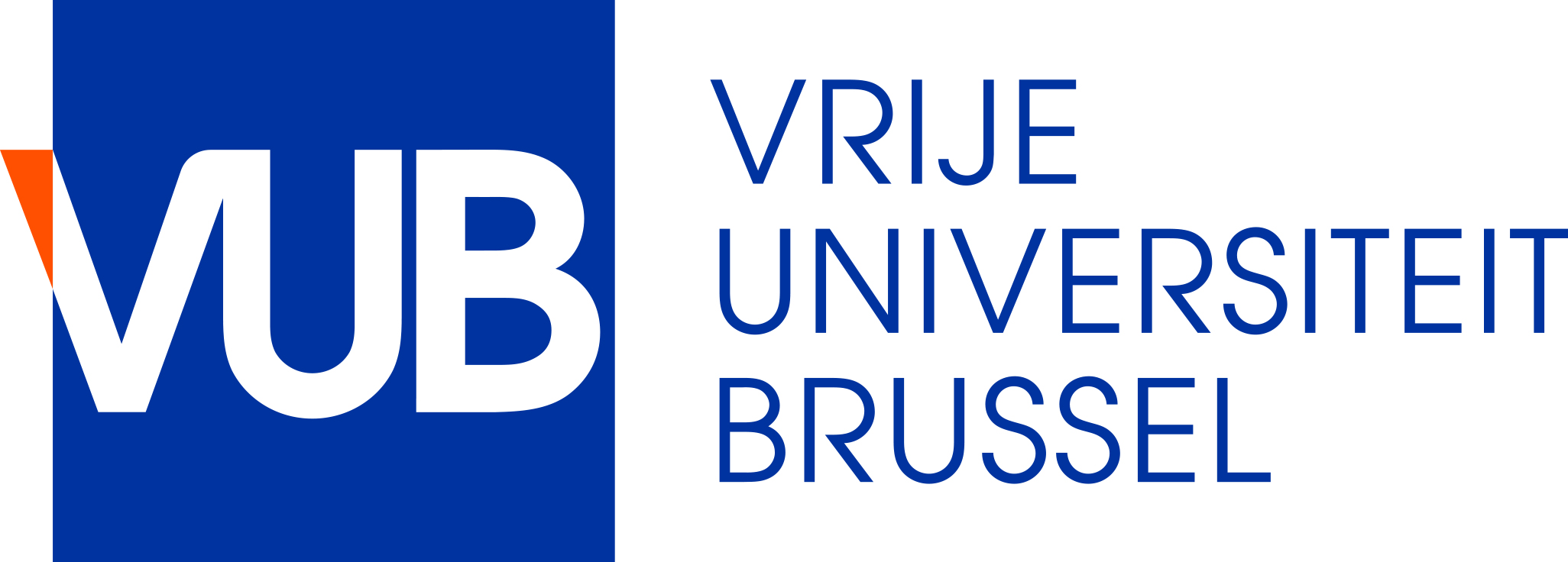Meet the jury: Role and Regulation of DNA Modifications in Development and Disease, Prof Heinrich Leonhardt
You are kindly invited to the meet the jury lecture: “Role and Regulation of DNA Modifications in Development and Disease” by prof Heinrich Leonhardt, Faculty of Biology, Ludwig Maximilians University Munich, Germany
Date: 9 November 2023, 13h-14h
Venue: Auditorium O&N5, Campus Gasthuisberg
About the talk
Genome-wide DNA demethylation is a unique feature of mammalian development and naïve pluripotent stem cells. Here, Prof. Leonhardt would like to discuss the surprising and opposing roles of TET, UHRF1 and DPPA3 in the regulation of DNA modifications and pluripotency. We identified a recently evolved pathway in which global hypo-methylation is achieved by the coupling of active and passive demethylation. TET activity is required, albeit indirectly, for global demethylation, which mostly occurs at sites devoid of TET binding. Instead, TET-mediated active demethylation is locus-specific and necessary for activating a subset of genes, including the naïve pluripotency and germline marker Dppa3 (Stella, Pgc7). DPPA3 in turn drives large-scale passive demethylation by directly binding and displacing UHRF1 from chromatin, thereby preventing histone ubiquitination and DNMT1 recruitment and thus inhibiting maintenance DNA methylation. Although unique to mammals, we show that DPPA3 alone is capable of inducing global DNA demethylation in non-mammalian species (Xenopus and medaka) despite their evolutionary divergence from mammals more than 300 million years ago. Our findings suggest that the evolution of Dppa3 facilitated the emergence of global DNA demethylation in mammals. To further explore these epigenetic networks we developed an accurate mass spectrometry (MS)- based proteomic method to analyze chromatome reorganizations during major phases of pluripotency which can be readily applied to other models in development and disease.
About the speaker
Professor Leonhardt is the chair of the department of Human Biology and BioImaging at the Ludwig Maximilians University Munich, in Germany. His major research interests are the role and regulation of DNA Modifications in development and disease, and functional organization of mammalian nuclei. However, due to his involvement in setting up spin-off companies, he also focusses on technology development (Super-resolution and live cell microscopy, nanobody technologies) and the development of new antibody derivatives for cancer therapy.
References:
• Ugur E, de la Porte A, Qin W, Bultmann S, Ivanova A, Drukker M, Mann M, Wierer M and Leonhardt H (2023). Comprehensive chromatin proteomics resolves functional phases of pluripotency and identifies changes in regulatory components. Nucleic Acids Res., 51, 2671-2690.
• Mulholland CB, Nishiyama A, Ryan J, Nakamura R, Yiğit M, Glück IM, Trummer C, Qin W, Bartoschek MD, Traube FR, Parsa E, Ugur E, Modic M, Acharya A, Stolz P, Ziegenhain C, Wierer M, Enard W, Carell T, Lamb DC, Takeda H, Nakanishi M, Bultmann S and Leonhardt H (2020). Recent evolution of a TET-controlled and DPPA3/STELLA-driven pathway of passive DNA demethylation in mammals. Nat Commun., 11, 5972.
More info: ben<dot>vanderveer<at>kuleuven<dot>be
PRACTICAL INFO
-
DATE09 November, 2023
-
LOCATION
 O&N5
O&N5
Herestraat 49
3000 Leuven
Auditorium Meet the jury Heinrich Leonhardt -
TARGET GROUPPhD postdoc ZAP
-
LANGUAGE EVENTENGLISH




